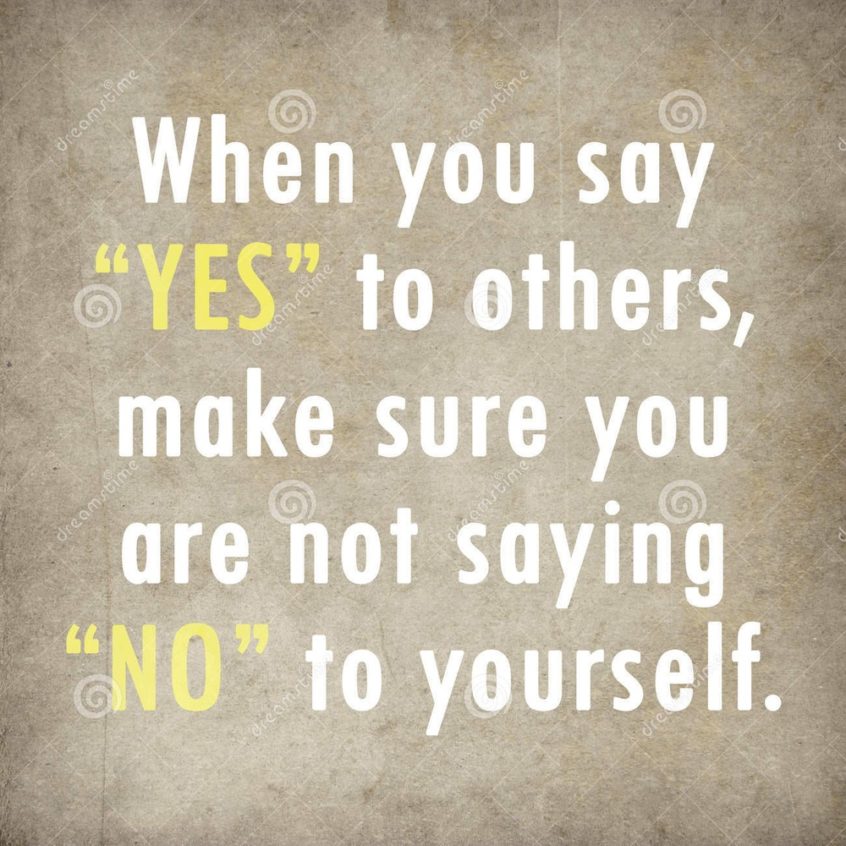One of the most painfully inauthentic ways we show up in our lives sometimes is saying “yes” when we mean “no,” and saying “no” when we mean “hell yes.” -Brene Brown
Achieving and maintaining balance in one’s life is an issue that is often addressed in the counseling office. In order to achieve balance, it is necessary to set boundaries and to get comfortable and confident in saying “no”. It feels like a simple enough task, so why are so many of us bad at doing it? Dr. David Burns, author of the popular book, Feeling Good, offers the following reasons:
Conflict phobia: You are afraid that if you say no, the other person will get angry and annoyed with you. In other words, saying no does not make you a jerk.
Fear of disapproval or rejection: You are afraid that if you say no, the other person will judge you, disapprove of you, or reject you.
Submissiveness: You believe that your role in relationships is to make others happy, even at the expense of your own needs and feelings. Remember, you are not responsible for anyone else’s happiness, but your own.
Guilt: You may feel that if you say no, it means that you are somehow “bad,” and that it’s your duty to please other people.
Achievement addiction: You say yes to almost everything because you think this or that activity will make you more productive and successful.
“When you say yes to others, make sure you are not saying no to yourself.” -Paulo Coelho
There is pressure to be a “yes” person. It is a common belief that people who say “yes” are the ones who get ahead and become successful. However, saying yes all the time comes with a cost. Happiness and joy are often compromised as well as our emotional and mental well-being. Feelings of resentment, frustration, overwhelm, guilt and exhaustion are common. Burnout is almost inevitable.
It was recently brought to my attention that I was a “yes” person who was overcommitted and involved in too many things. Perhaps. However, I was grateful it was brought to my attention because it caused me to reflect on my commitments and why I participated in them. It led me to ask the questions, “Is it worth it?” and “Does saying yes cultivate joy in my life or deplete it?” Ultimately, I learned that most of my commitments bring me great joy, but perhaps some reevaluating might be warranted. Nonetheless, these are good questions to keep in mind.
So how does one say “No” and not feel like a jerk? Remember that saying “no” is a response to the request not the person. Try saying, “Sorry, I can’t make that work,” or “Actually, I don’t go out during the week!” You can still be helpful by saying, “Actually, Michelle would be perfect to help you with this. Did you try her?” You can still be gracious by saying, “My plate is full right now due to other obligations, but thanks for thinking of me”. You can still be open-ended, “Let me think about it! I’ll get back to you soon.” It’s ok to take time to think it over. However, if there is not a chance you will say yes, then just say no and don’t drag things out.
An interesting study in the Journal of Consumer Research found that saying “I don’t” instead of “I can’t” as a refusal strategy yielded a more positive response. “I can’t” sounds like an excuse, while “I don’t” suggests one has established rules and convictions. As a result, refusals tend to be met in a more respectful manner.
Saying “no” frees up our time and energy to be able to get to an authentic “yes” where we are able to give attention to what matters most and brings meaning to our lives.

